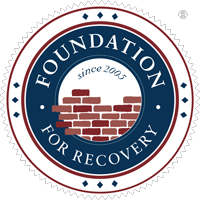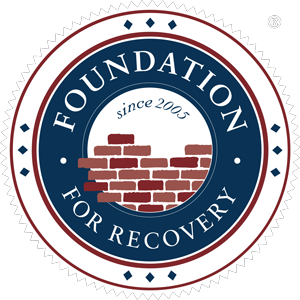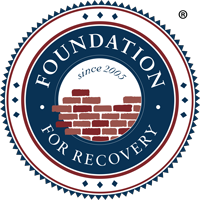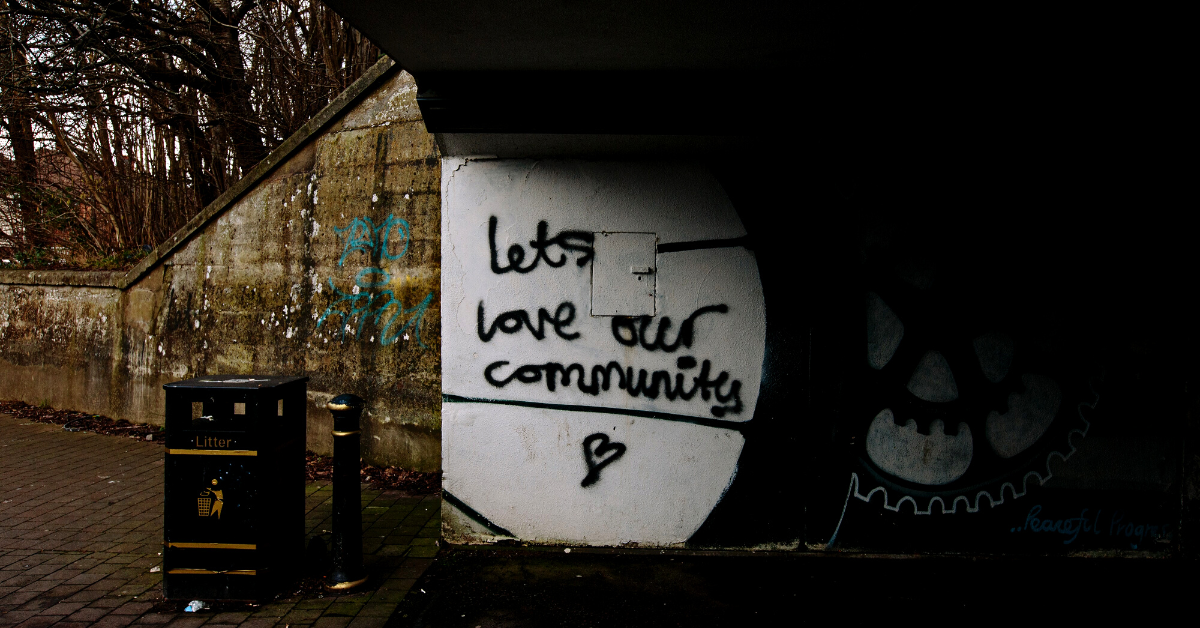Early in recovery my family learned that if you wondered what I was thinking, just wait 15 seconds and I would tell them. This “filter off” approach was my first line of defense and served as a great antidote to the emotional stuffing that I had adopted as my very nature for decades.
Eventually the filter came back but with it came the self-imposed idea that I had to blend in.
That I could only truly be me in the setting of my recovery support system.
Shame was setting in, again.
As my recovery grew, I came to realize that my support system had to be portable and constant if I wanted to avoid my shame traps.
I began to make my disclosure of recovery status known early and often in social settings, disclosure became a screening tool for potential members of team me.
This self-disclosure was having the effect of drawing many people to me. I also saw it repelling some people and having them become critical of me.
These results were “OK” because I no longer sought the acceptance of others, I was only looking for allies in mutual respect.
Taking ownership of my past while authoring my future on different terms was empowering.
I am human and have a desire to be accepted by others however in my recovery I began to truly feel that my continued acceptance of self should be the driving concern of my life and that in making this decision I could breathe again. I could love myself and this gave me the capacity to love outwardly.
I continue to disclose early and often and this has taken a great deal of pressure from off of my shoulders and has drawn a number of new friends to me and into my support circle.
To those that aren’t drawn in, that have fear of my story or find other reasons to stay away from me, it’s not that big of a deal…Acquaintance is nice friendship is better.
Will Allphin, Foundation for Recovery
Source References: http://www.iamnotanonymous.org/



